Commonwealth Games 2022: Covid-19 won’t stop Australian athletes competing
Amid news that a star athlete has tested positive for Covid-19, Australia’s Chef de Mission Petria Thomas says she won’t be walking back relaxation of virus protocols.
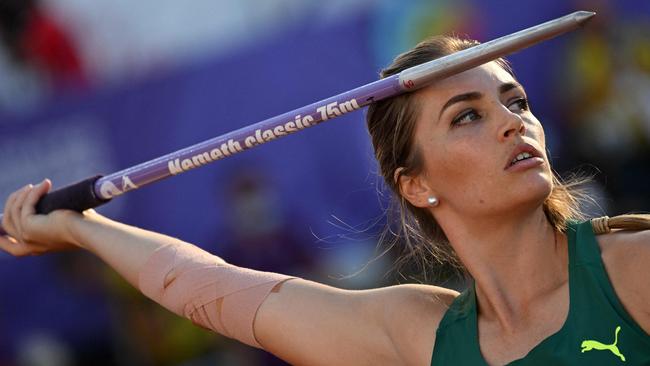
More than 250 Australian athletes and team officials will march in tomorrow morning’s Commonwealth Games opening ceremony in Birmingham – but in a big turnaround of Australia’s strict Covid protocols, they will be not wearing masks.
Chef de mission Petria Thomas said at the announcement of Australia’s two flag bearers – six-time Commonwealth Games squash stalwart Rachael Grinham and men’s hockey captain Eddie Ockenden – that “for that special moment (marching in the opening ceremony) it will be masks off.”
“We’re really focusing on wearing masks indoors and while we’re moving around in a crowded sort of space, even outdoors, but given the moment we will be masks off, if people want to,” Thomas said.

Prior to arriving in Birmingham, all Australian team members were ordered to wear masks inside and also outdoors to minimise the risks of contracting Covid.
However, Thomas said other Australian-specific Covid-19 rules, such as allowing athletes to cheer teammates in other sports, would remain in place.
“Not at the moment,” she said, adding: “You know, unfortunately Covid is just too big of a risk … to allow athletes or staff to go and watch events and sit in the general public seating area. [It] is just deemed too high a risk.”
As revealed by The Australian earlier this week, Australian athletes who tested positive for Covid-19 would be allowed to compete if cleared by the team doctor. Overnight, it emerged that current world javelin champion Kelsey Lee-Barber had tested positive and would delay her arrival in Birmingham.
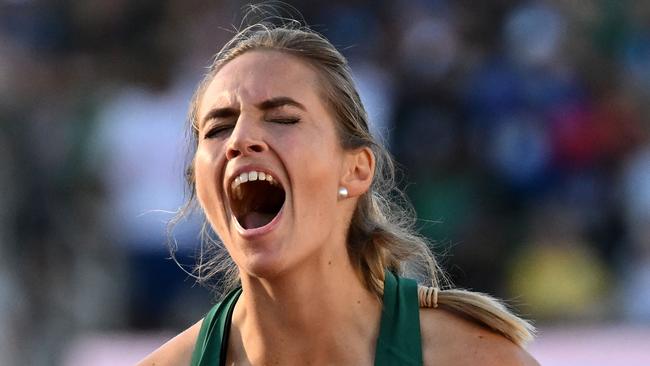
“Our goal is to make sure that we can get people to the start line,” Thomas said.
“This is a big moment in an athlete’s life and to potentially miss out because of something like Covid-19 would be heartbreaking. No stone has been unturned for trying to get the athletes to the start line and I commend the Games Organising Committee for that approach.”
In Birmingham, athletes who are well and are shedding low amounts of the virus will be allowed to compete if it poses little risk to themselves. Each decision will be made by the athlete’s team doctor and is a major deviation to how other major sports have been conducted over the past two years of the pandemic.
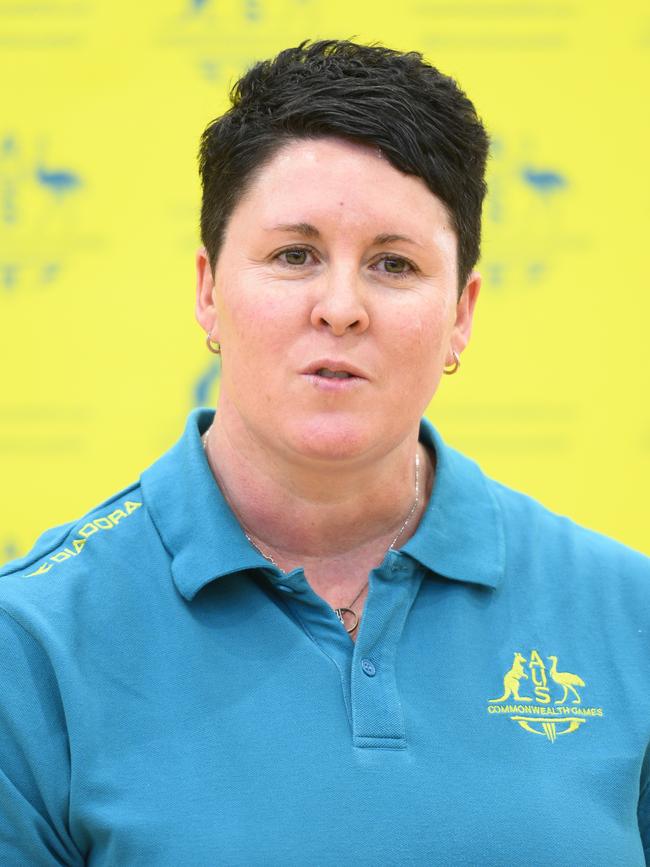
However, Covid-positive athletes who are in team sports, or played in a sport that was held indoors, would be assessed at a higher standard than individuals because of the elevated risk of transmitting the highly contagious virus to others.
“If an athlete is well enough to train or compete – we need to not put others at risk – so we may transport them to their event in a car rather than the team bus,’’ said Australian team doctor Michael Makdissi, a veteran of five Commonwealth Games teams.
But Dr Makdissi said it was “tough” to decide the participation of Covid athletes from sports that weren’t individual.
He said he would look at the physical presentation of the athlete and how they felt, the amount of virus in their system and which way the viral load was trending with repeat testing.
Dr Makdissi said there was now “less” medical concern around how coronavirus impacted the heart. But in borderline cases he said he would consult with specialists such as cardiologists to make a determination.
Doctors look at the cycle threshold (CT) level, which is how many magnifications a sample undergoes before the virus is detected.
“Someone in the high teens or low 20s CT value is a high viral load and they may not compete, but someone in the 30s CT is starting to get well, so it depends on their event,” Dr Makdissi said.
“There is a not a specific figure that is a cut-off, it will be looked at case-by-case.”
🤩 We're ready.
— Birmingham 2022 (@birminghamcg22) July 27, 2022
📆 Tomorrow at 8pm, it begins.
🅠The Birmingham 2022 Commonwealth Games are almost here!#B2022pic.twitter.com/Hw4XcxC6eu
Dr Makdissi said Britain had no government restrictions in place, no mask-wearing, and the virus was regarded in the same league as a common cold. The Games are also bringing together people from around the Commonwealth with different vaccination policies.
He said he was grateful that each team doctor could make health decisions about team members rather than having a specific rule. But Dr Makdissi also acknowledged this benefited larger teams such as Australia and England, who had access to experts and team doctors.
“I worry other teams don’t have that level of care,’’ he said.
“The Commonwealth Games Federation has set up a system for smaller teams, but they will have less control in the decision making and for them it will be more about specific numbers (of CT values).’’






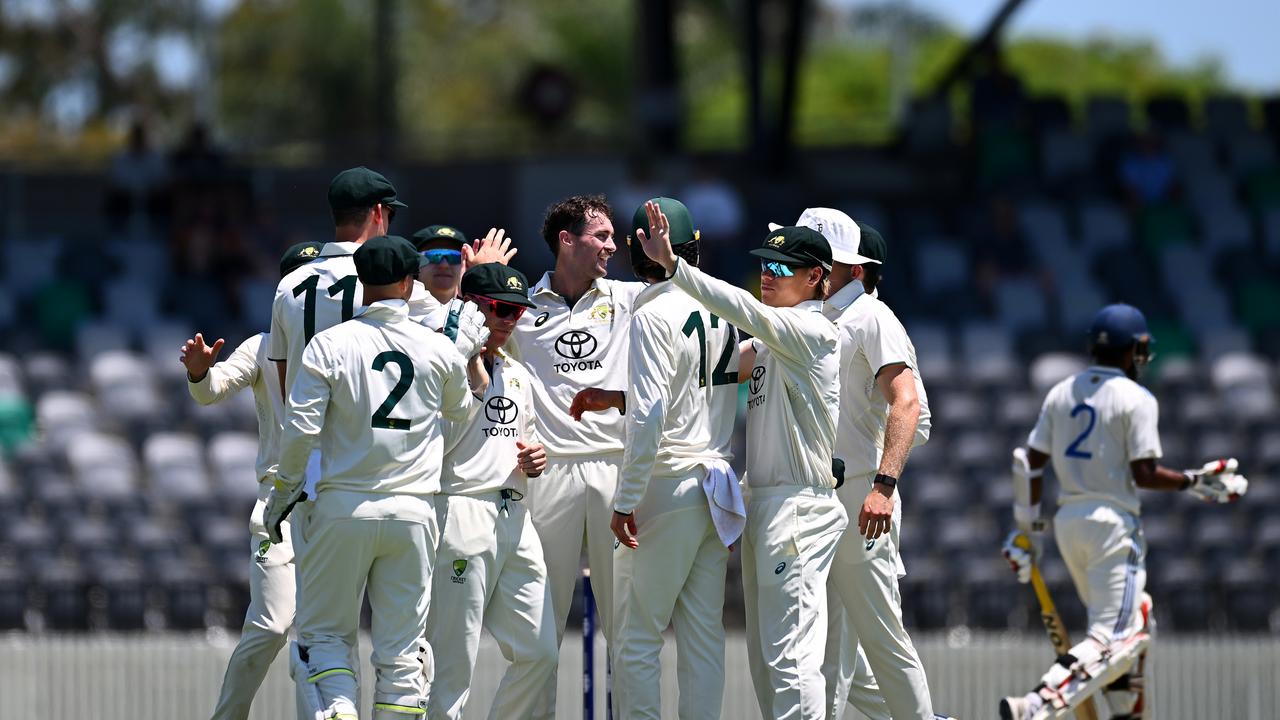
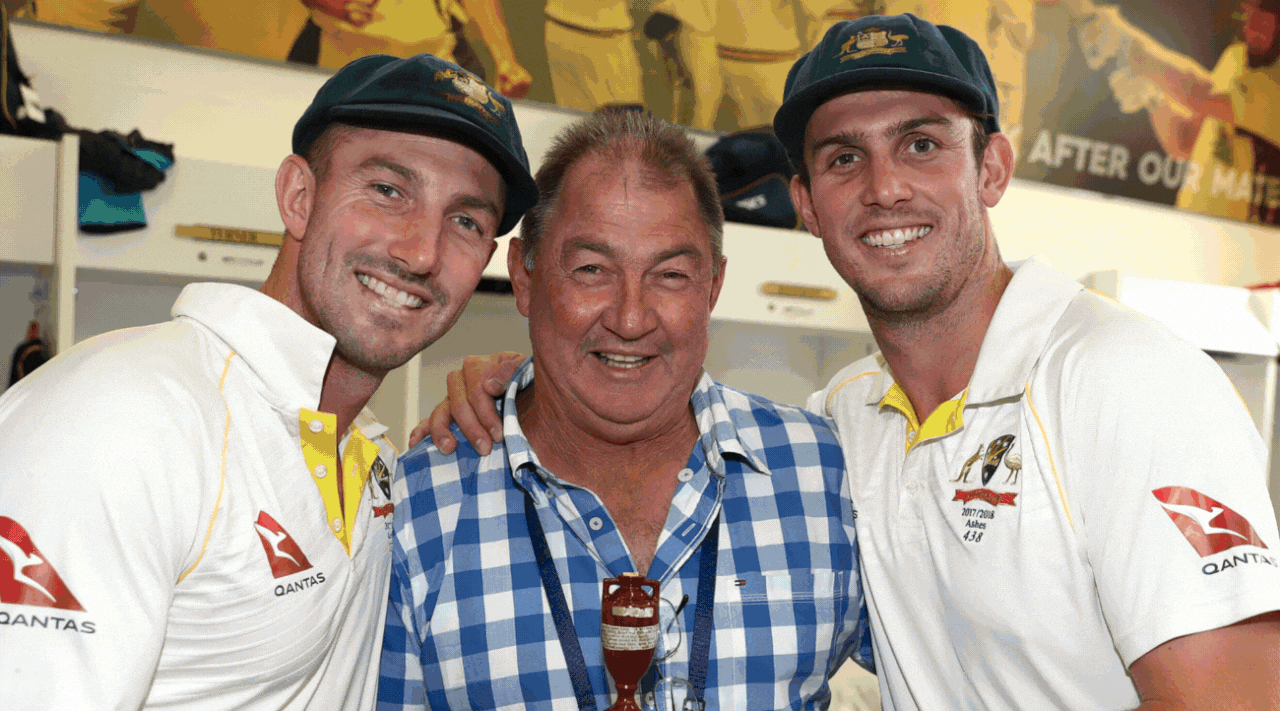
To join the conversation, please log in. Don't have an account? Register
Join the conversation, you are commenting as Logout